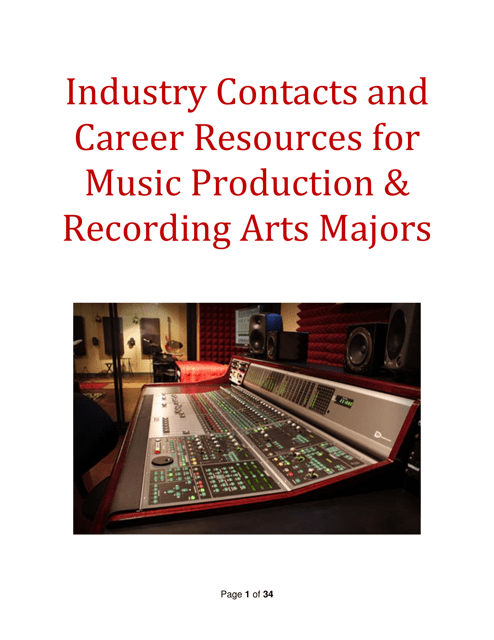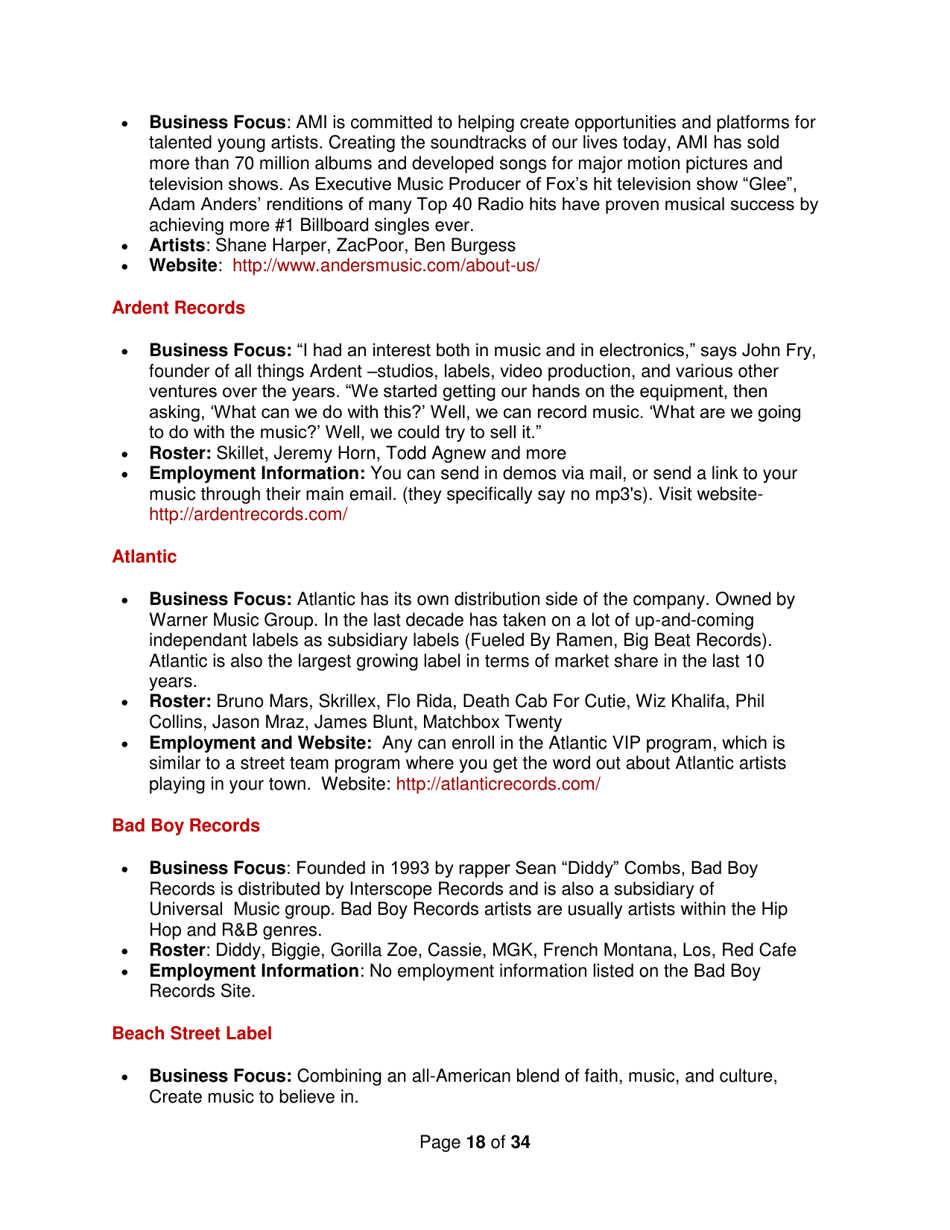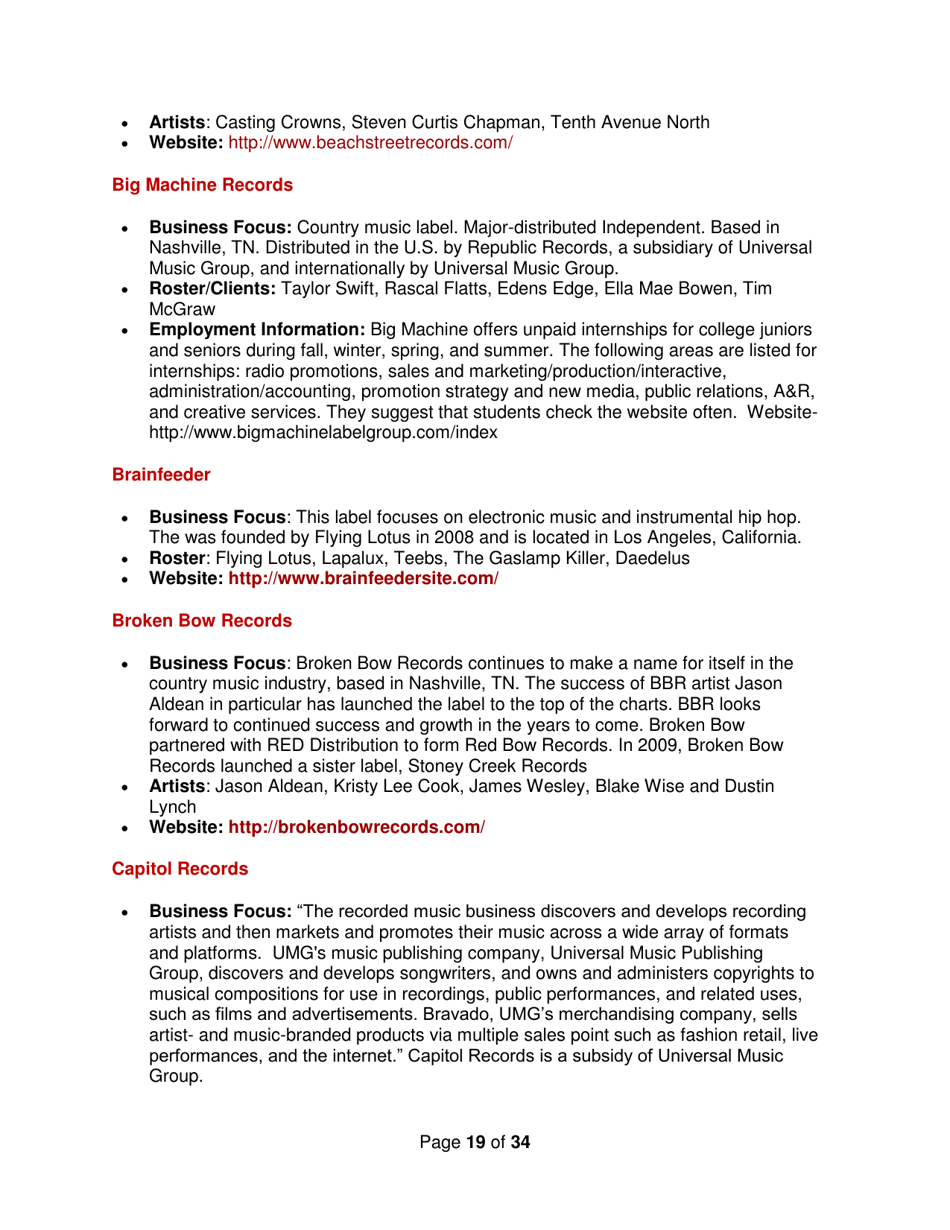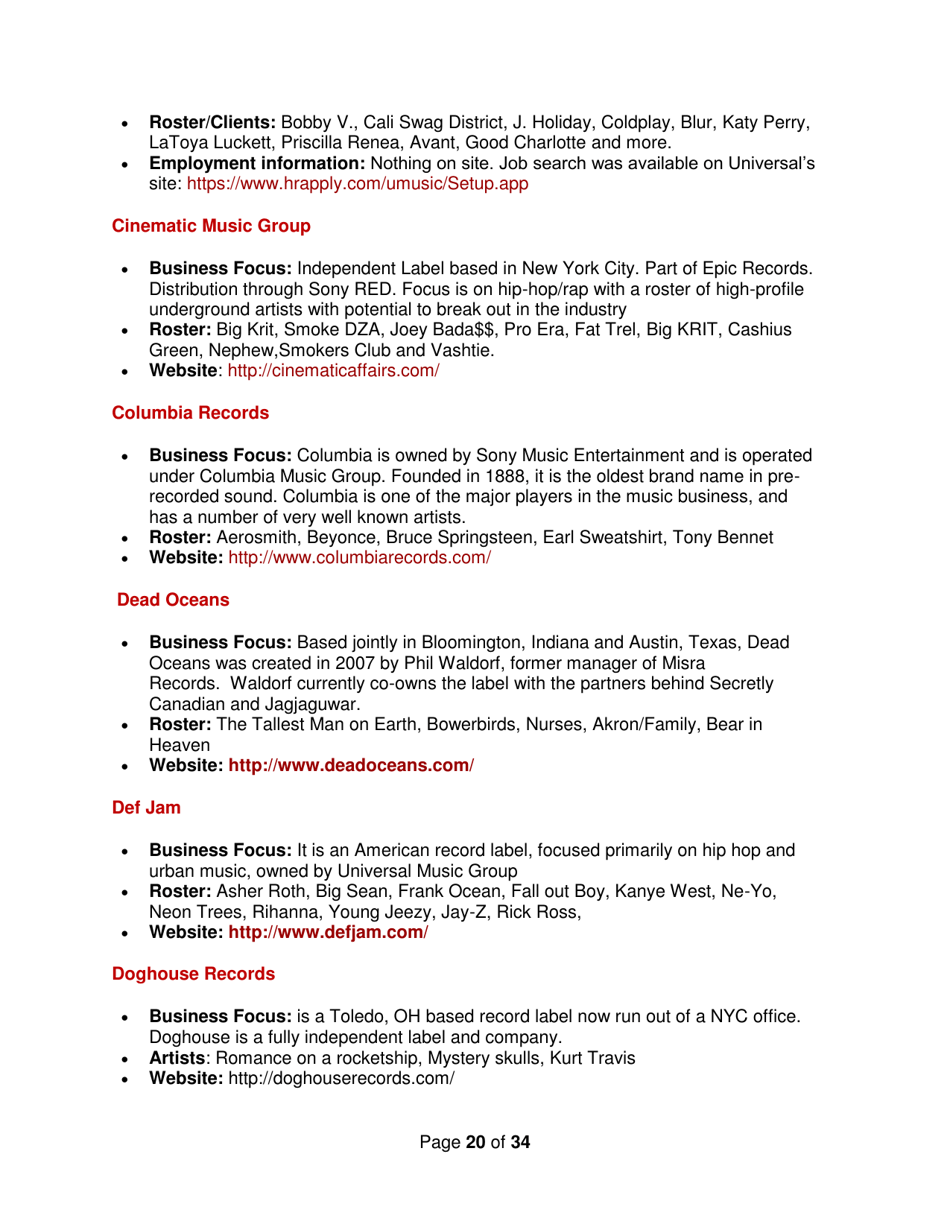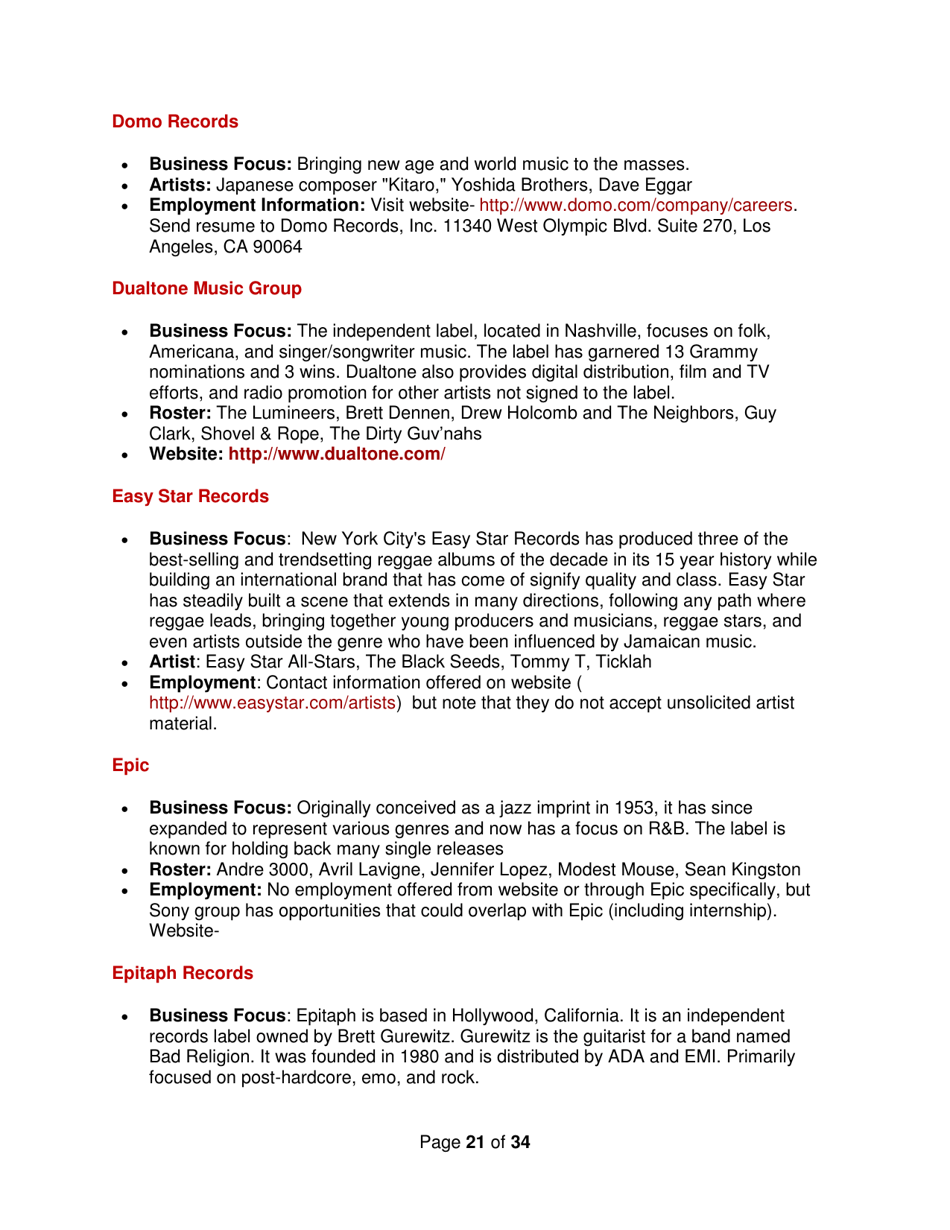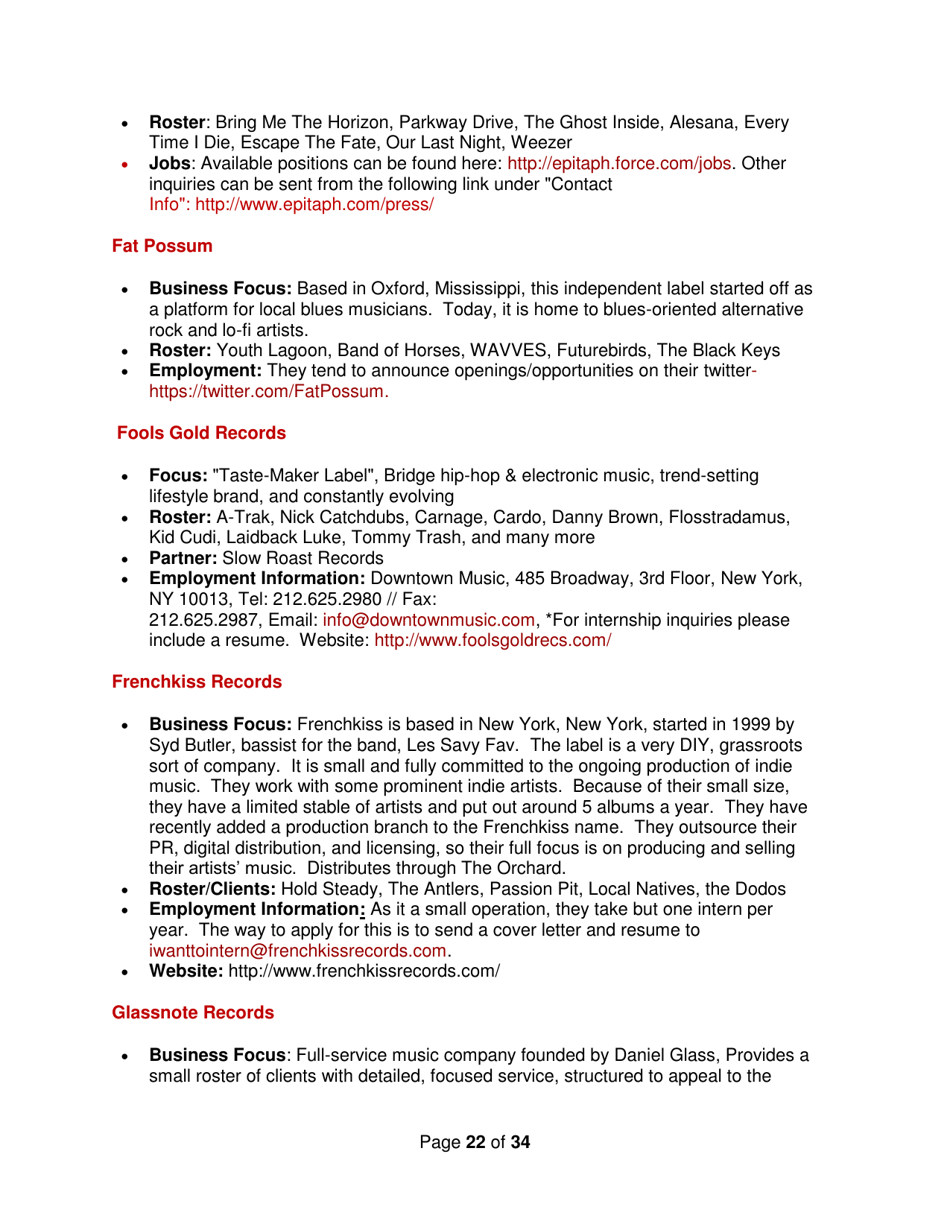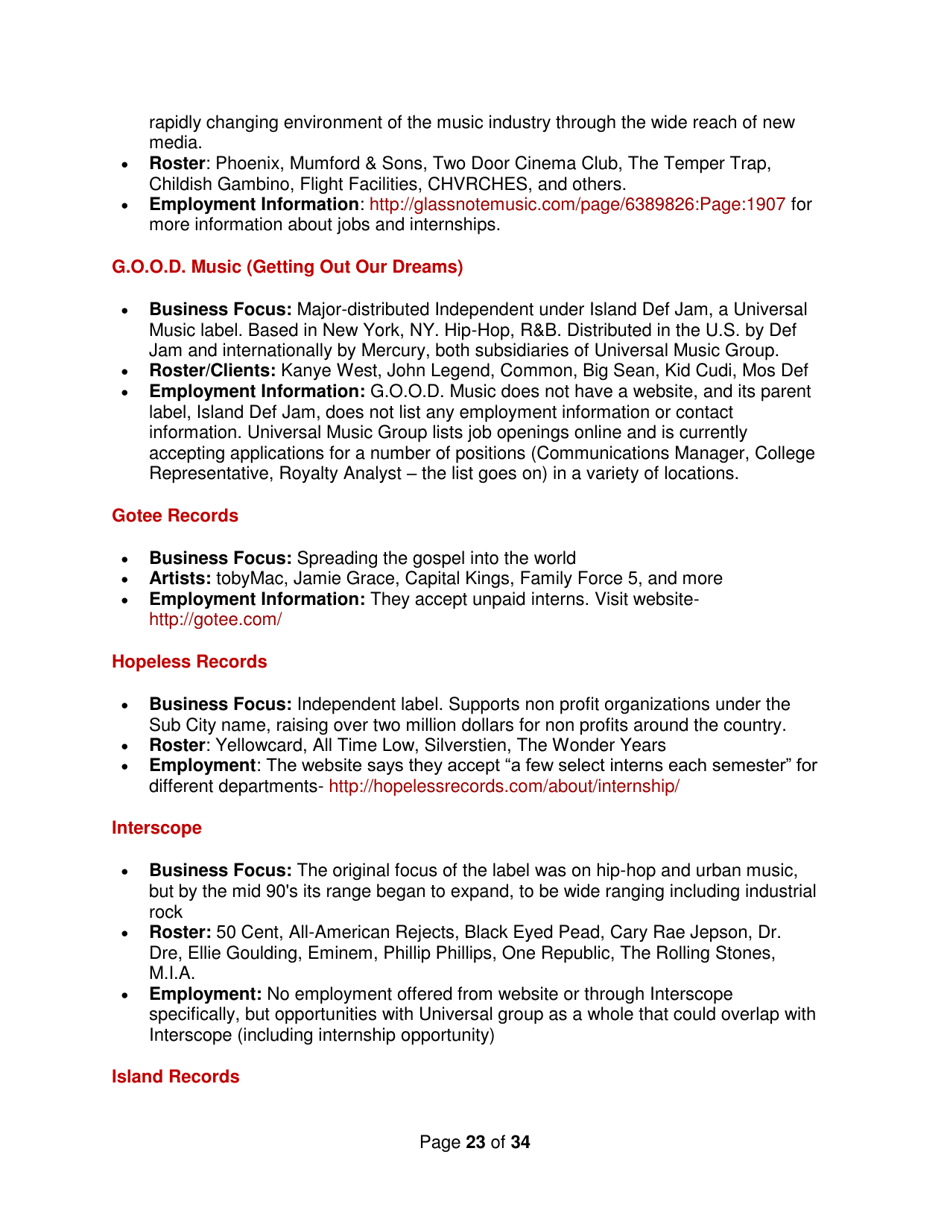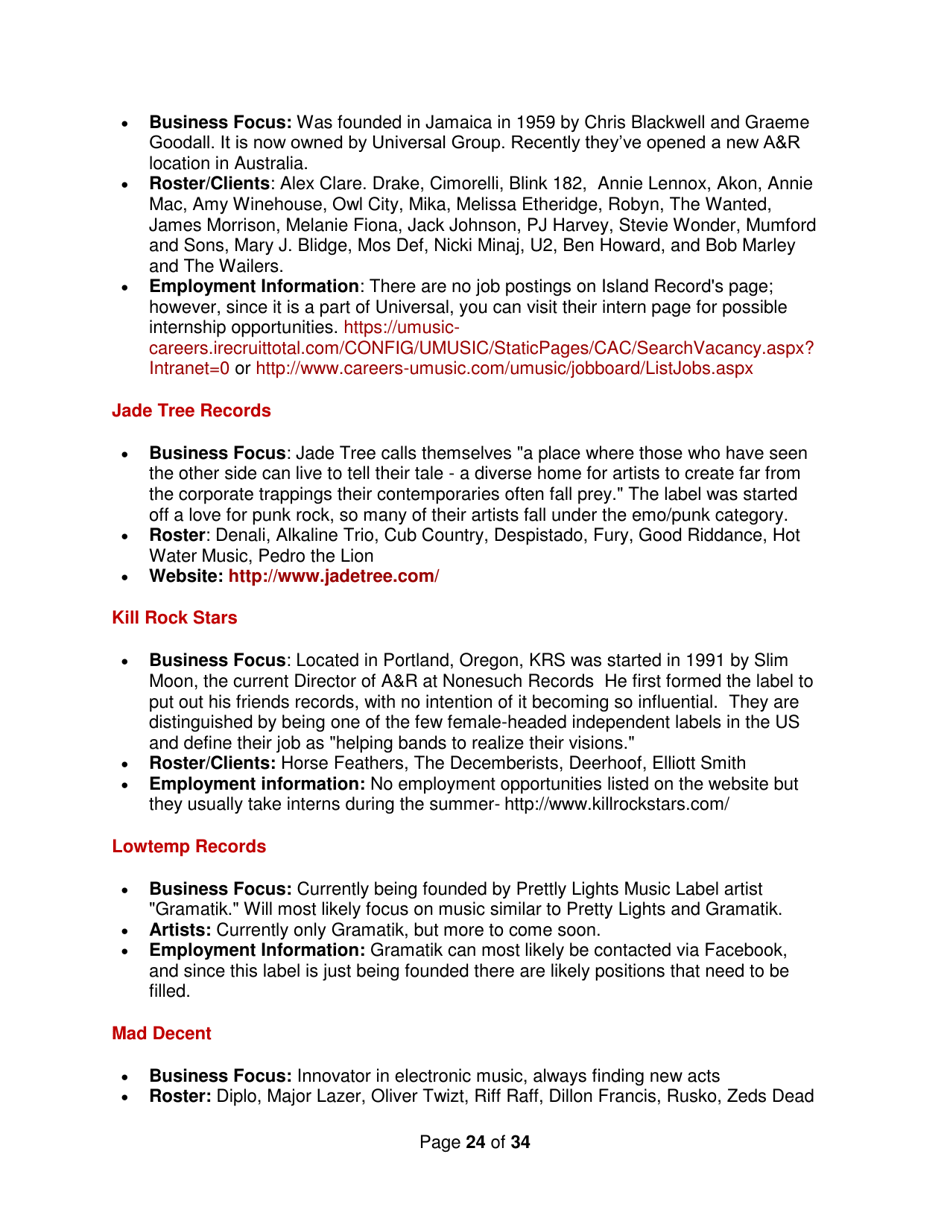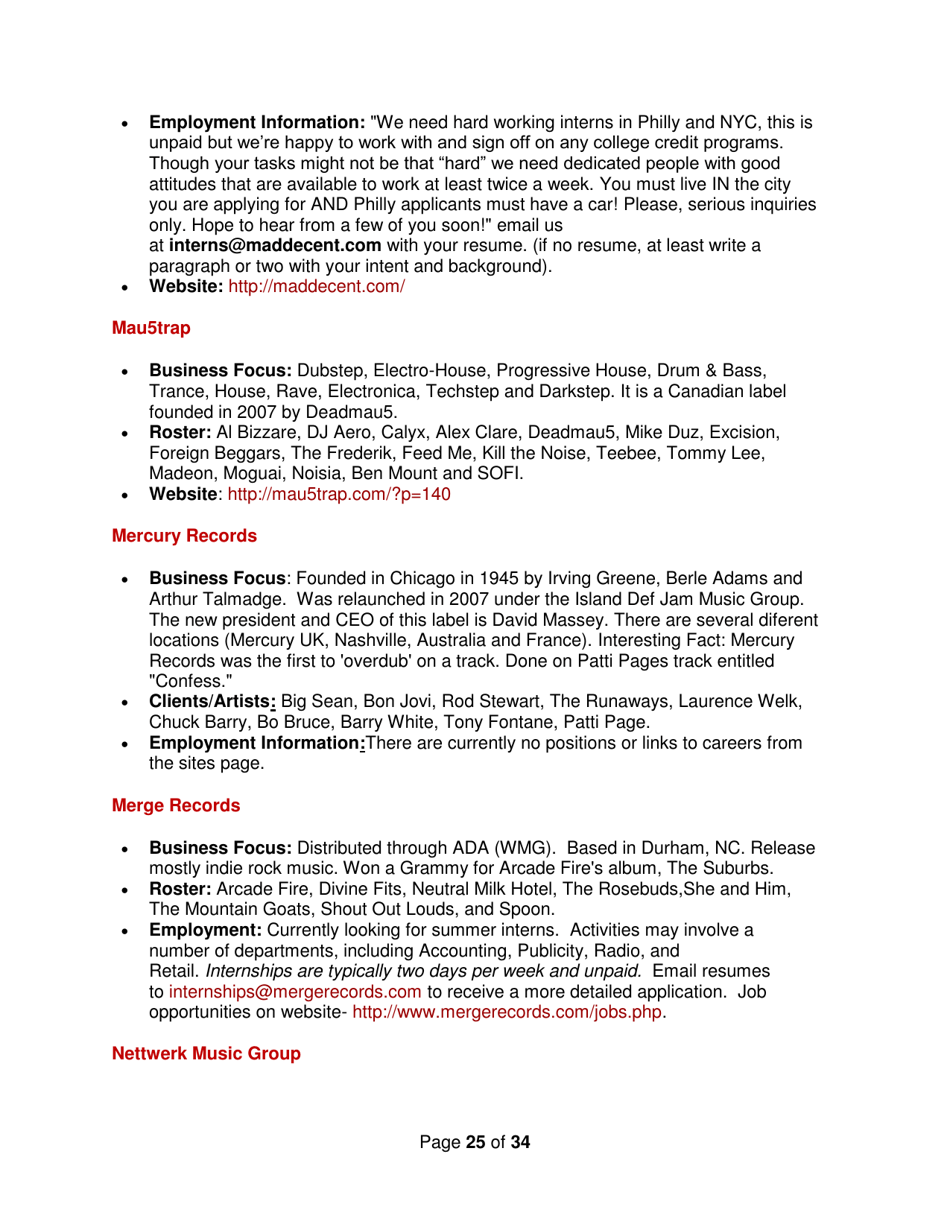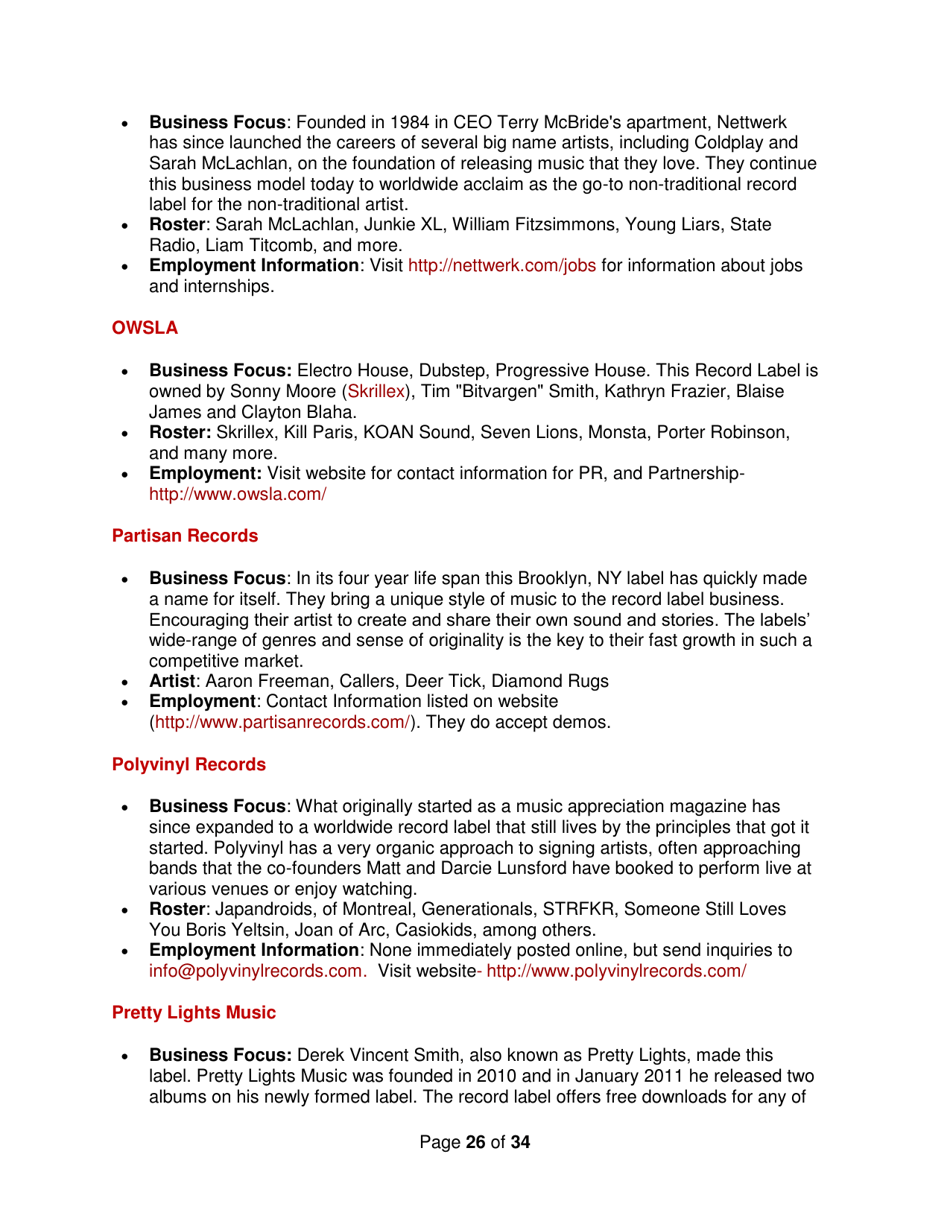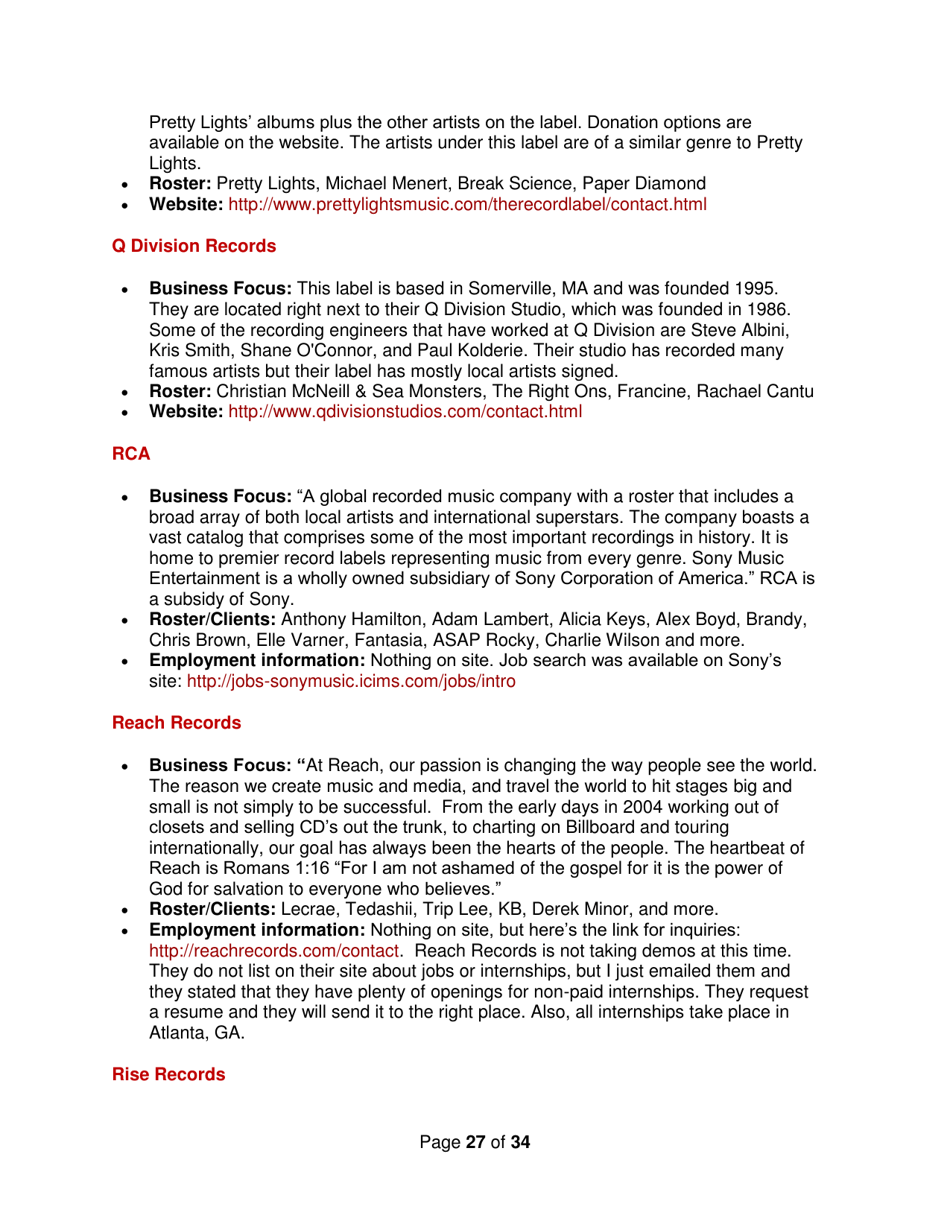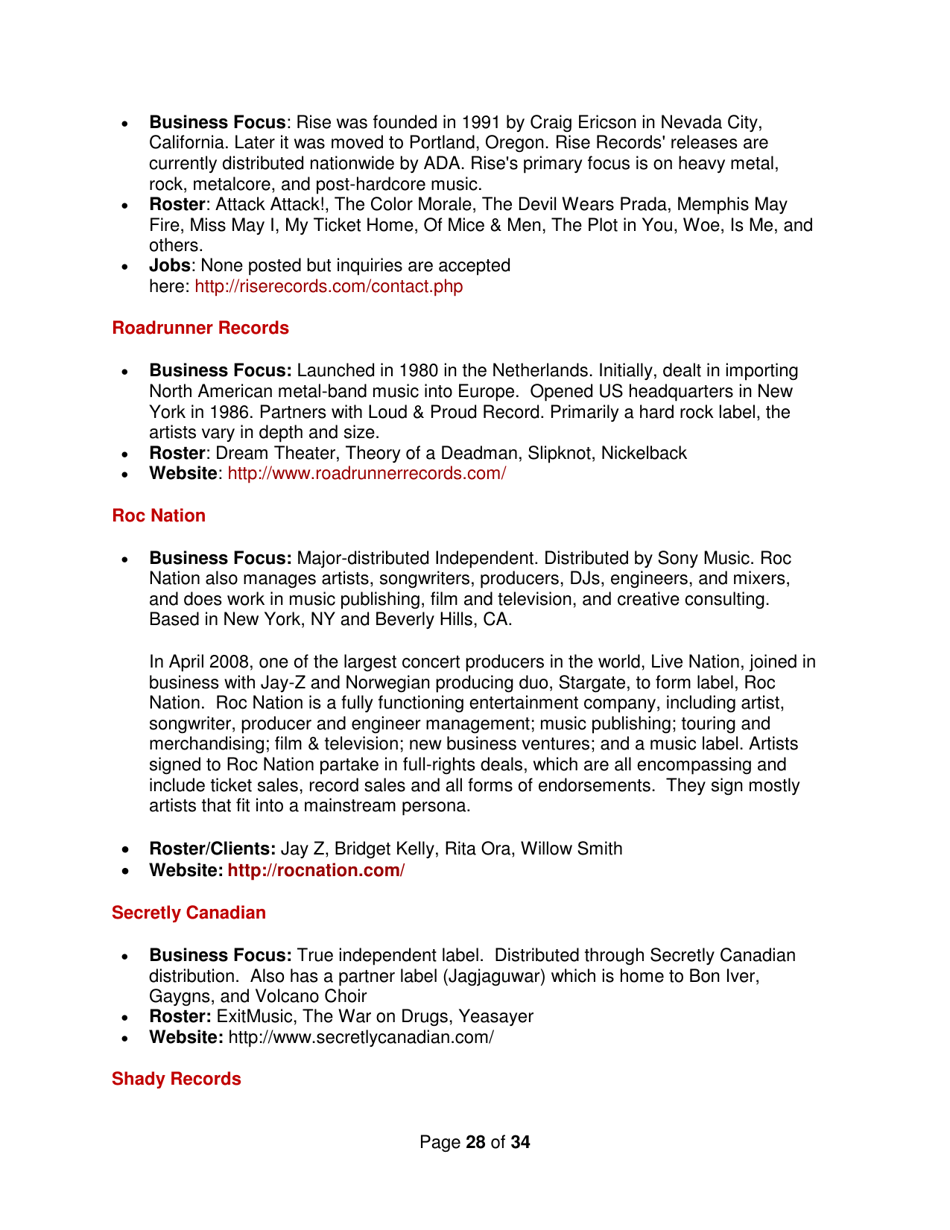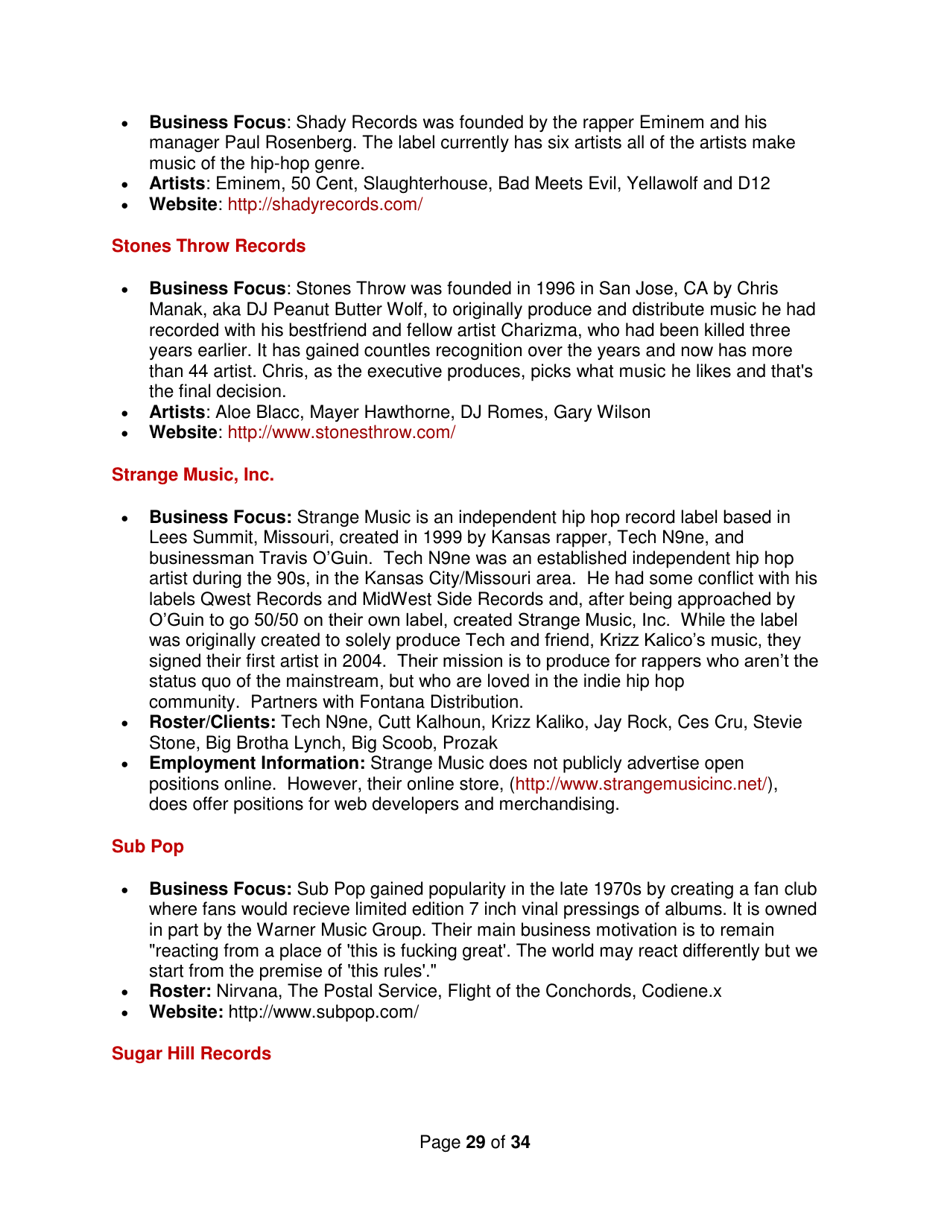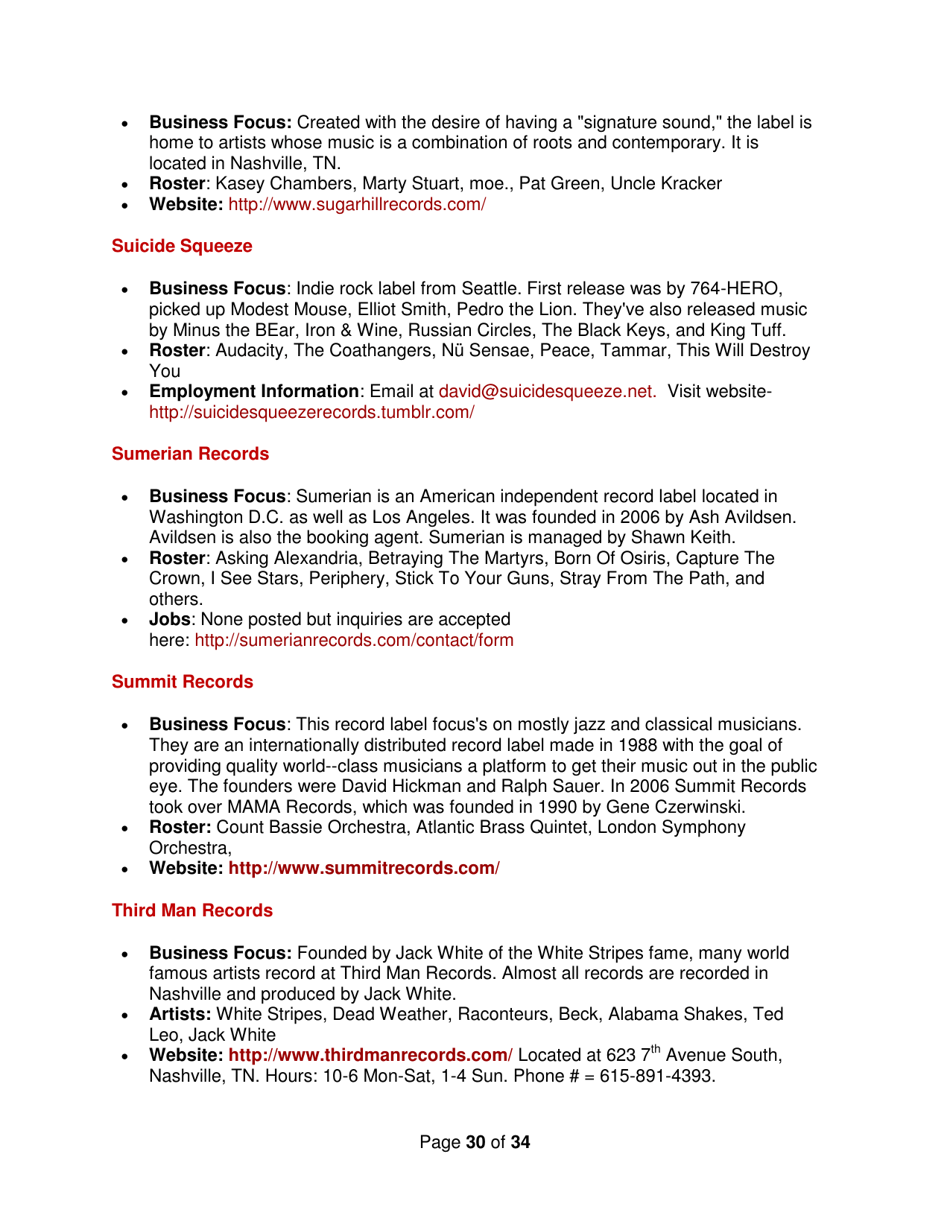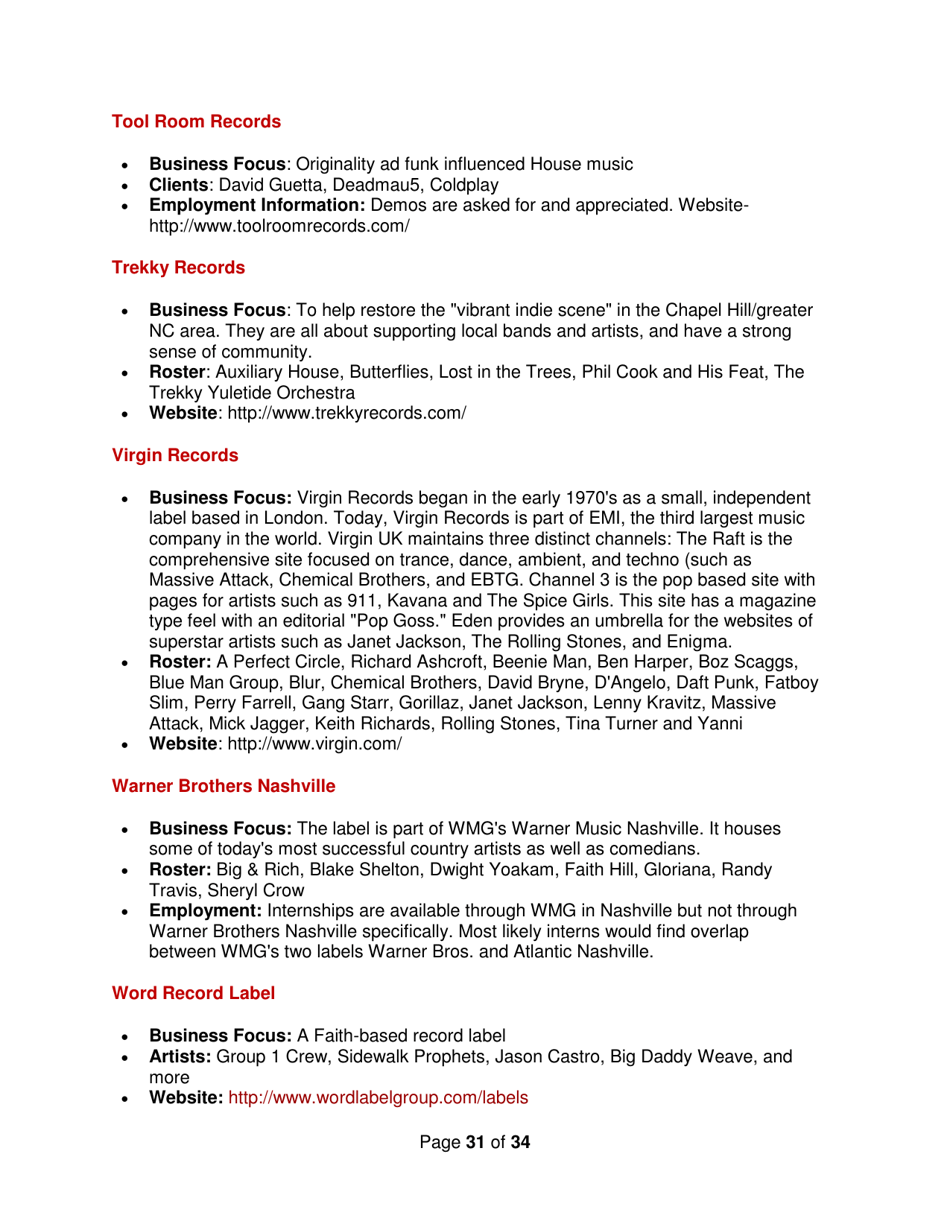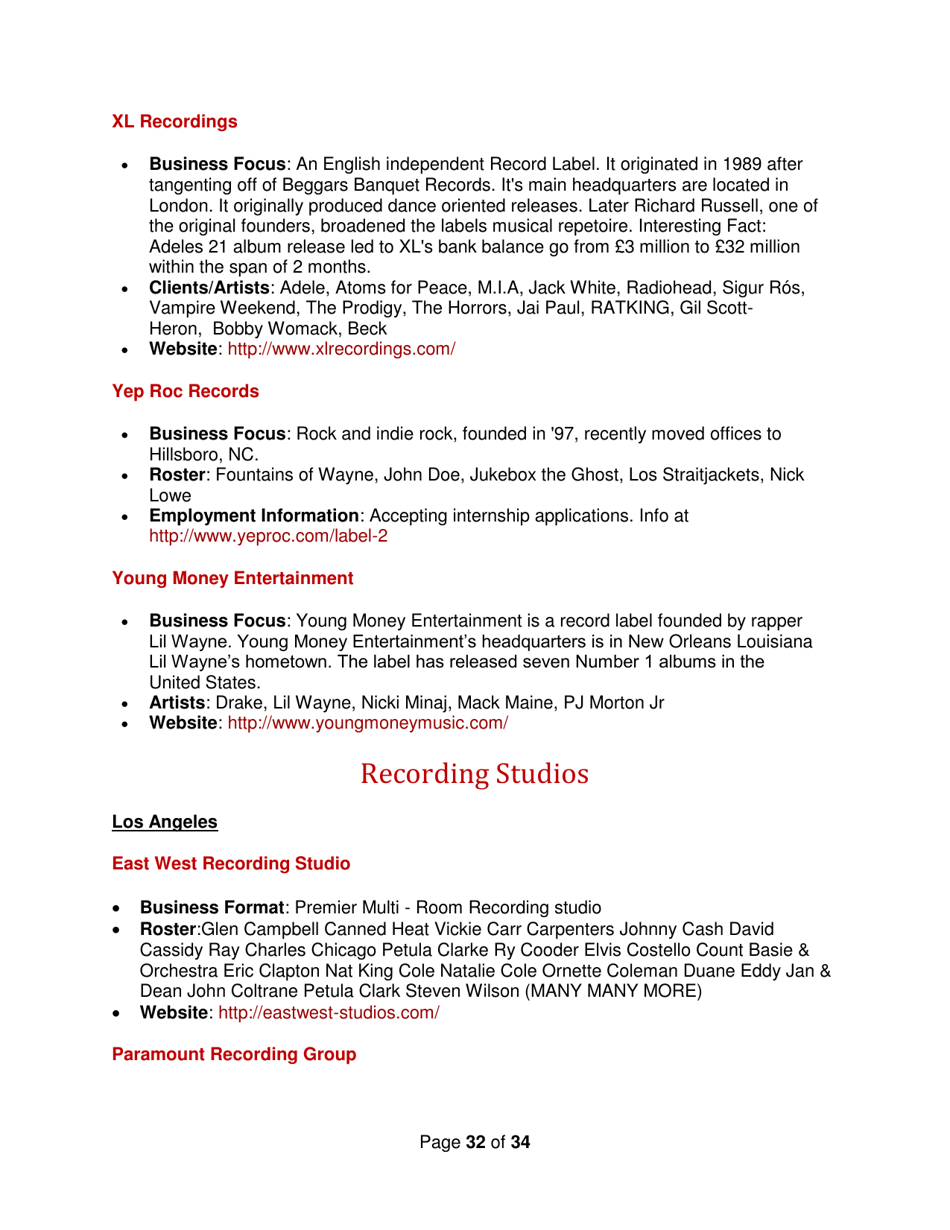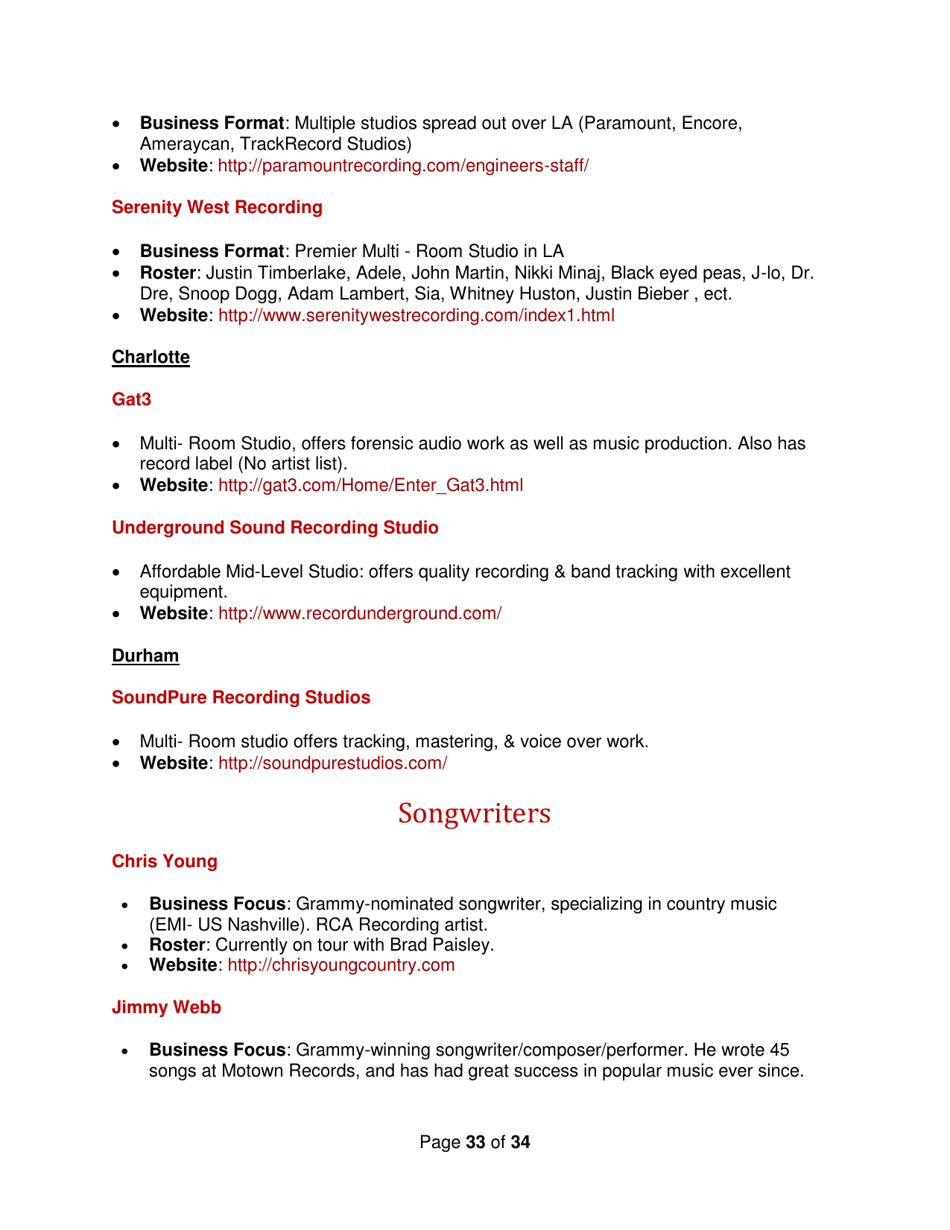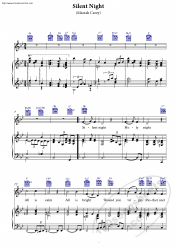Industry Contacts and Career Resources for Music Production & Recording Arts Majors
Industry Contacts and Career Resources for Music Production & Recording Arts Majors are valuable tools and networks that provide essential support in connecting music production and recording arts students with professionals and opportunities in the industry. These resources serve several purposes:
- Networking: Industry contacts help students build a professional network within the music production and recording arts field. They provide opportunities for students to meet and connect with professionals, potential mentors, and like-minded individuals who share similar interests and career goals.
FAQ
Q: What are some popular career paths for music production and recording arts majors?
A: Music production and recording arts majors can pursue careers as sound engineers, music producers, studio technicians, audiovisual technicians, and music directors.
Q: What are some recommended books or publications for music production and recording arts majors?
A: There are several books and publications that can be beneficial for music production and recording arts majors. Some popular recommendations include "The Mixing Engineer's Handbook" by Bobby Owsinski, "Recording Unhinged" by Sylvia Massy, "The Sound Reinforcement Handbook" by Gary Davis and Ralph Jones, and "Modern Recording Techniques" by David Miles Huber. Additionally, industry publications like Sound on Sound and Tape Op magazine can provide valuable insights and updates on the latest trends and technologies in the field.
Q: Are there any scholarships or grants available specifically for music production and recording arts majors?
A: Yes, there are scholarships and grants available specifically for music production and recording arts majors. Some organizations and foundations offer financial assistance to students pursuing a career in this field. Examples include the Audio Engineering Society (AES) Educational Foundation Grants, The Recording Academy's Grammy Foundation Music Educator Award, and the Music Production and Recording Arts Scholarships offered by various universities and colleges.
Q: What are some key skills and qualities that music production and recording arts majors should possess?
A: Some key skills and qualities that music production and recording arts majors should possess include a strong understanding of music theory and composition, proficiency in audio recording and editing software (such as Pro Tools or Logic Pro), good communication and collaboration skills, attention to detail, problem-solving abilities, and a passion for music and sound.
